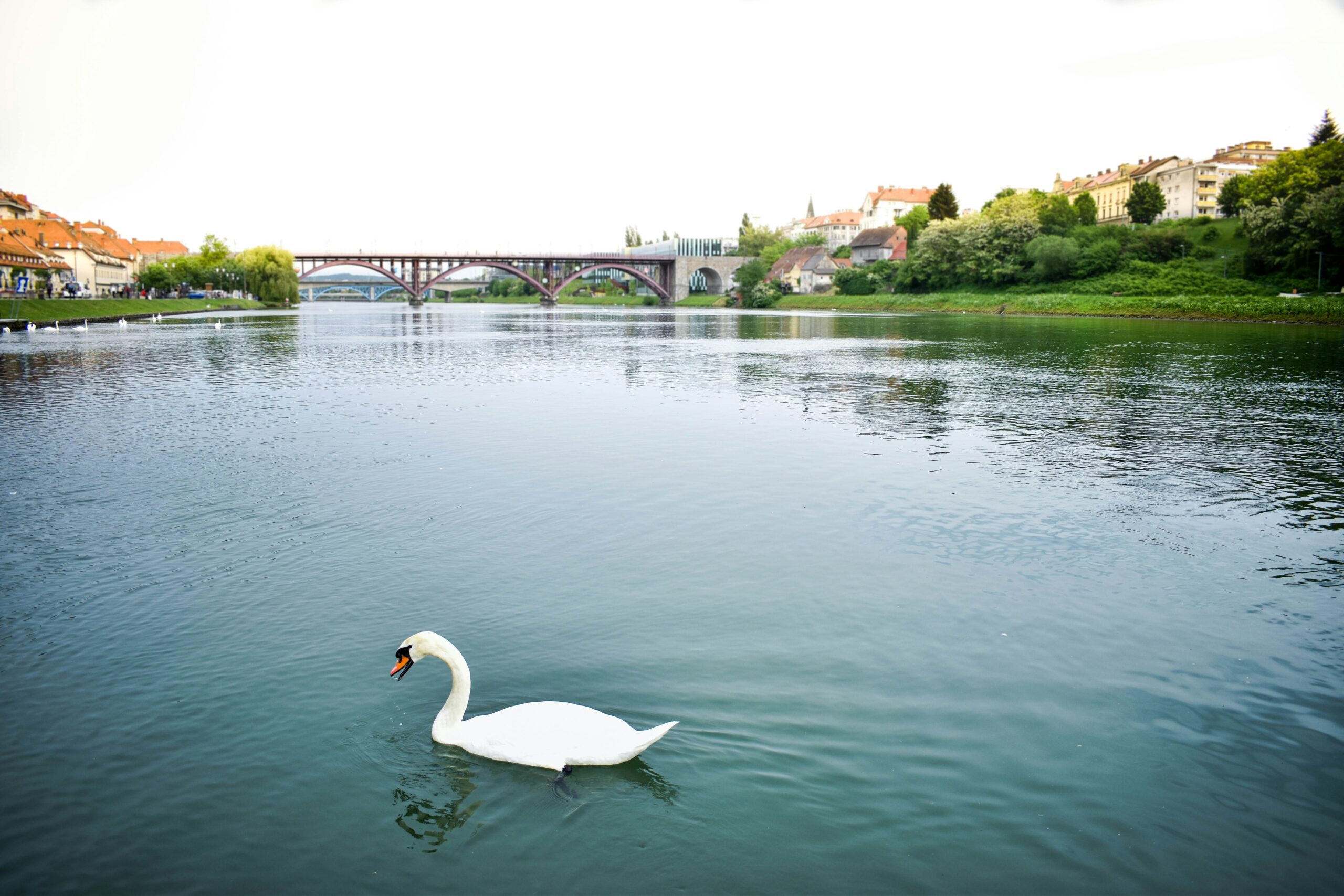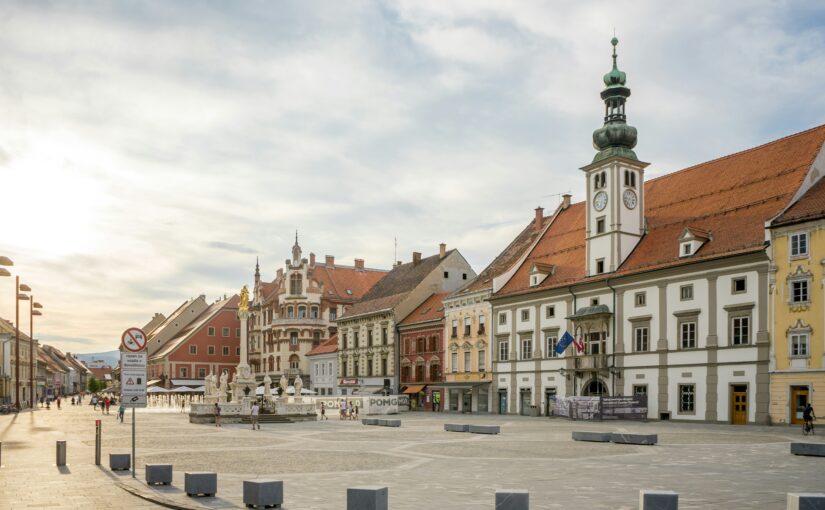Field of study in Wageningen: Health and Society
Study period exchange: 03/10/2022 – 18/02/2023
Country (exchange): Slovenia
City (exchange): Maribor
University (exchange): University of Maribor
Faculty (exchange): Faculty of Health Sciences
2. Motivation for exchange
Why did you choose to go on study exchange?
I wanted to have some change in my life and have a completely new experience. Besides, I’ve always loved travelling and it seemed like the perfect opportunity to go somewhere else and to live in a different country without spending too much money.
What is the reason you chose for this country/university?
To be honest, even though Maribor was my top 1 choice to go to, there isn’t a really good reason for this decision. It was a combination of the fact that I didn’t want to go to Scandinavia, since so many students from Wageningen go there, and that I also didn’t feel like going to the South of Europe since these are countries I’ve more often been to on vacation and I wanted to experience something new. This meant that Eastern Europe was left, and then I just looked at the different universities and the courses they offered, and I ended up with Maribor.
3. Accessibility to reach destination
Do you have any tips to reach your exchange destination?
It may seem like a bad option, but I actually liked going by Flixbus. Even though it takes a long time, the bus goes directly from Antwerp/Maastricht/Dusseldorf/etc to Maribor without having to switch busses. Plus the fact that you are allowed to bring quite some luggage without having to pay a lot of extra money like going by plane. Also, if you book in advance (but also when you book it pretty lastminute like I did), it really is a cheap option. However, others went by plane or train, but with trains you have multiple transits, and also when going by plane you still have to take a bus or train to get to Maribor since there is no airport in the city itself.
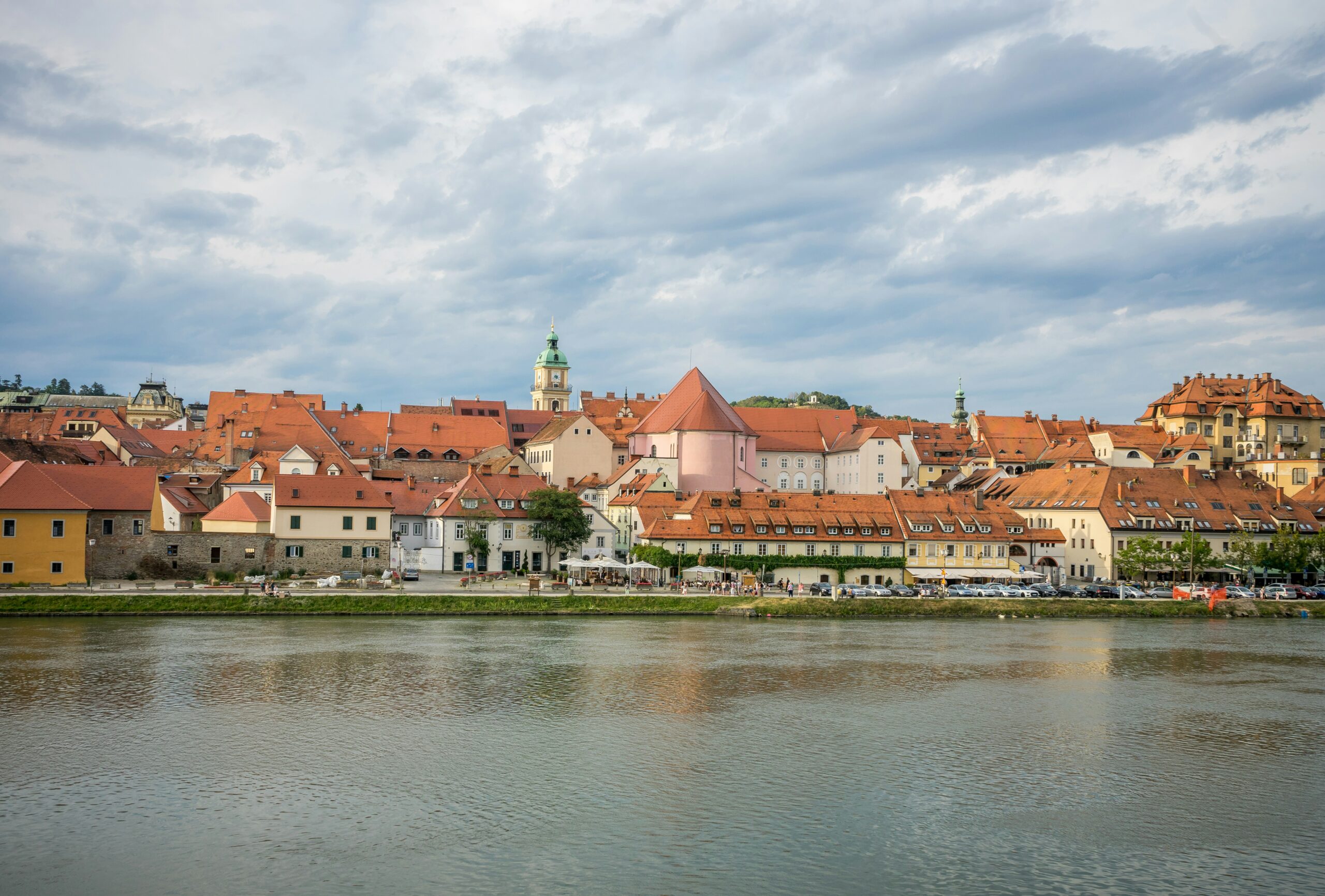
4. University and studying
Could you provide some general information about the followed courses?

How is the study formalized?
My experience might not be the best example of an Erasmus in Maribor in general. Since I chose subjects in the Faculty of Health Sciences, which I later found out was more of a faculty for nursing students, I didn’t follow my courses ‘normally’. This was because we were only with two or three Erasmus students in the courses I chose, which meant that all the others students were Slovene. This shouldn’t have to be a problem, but since we were with so little, they didn’t want to convert the lectures and practicals to English, which is why we weren’t able to attend them. Therefore, the teachers chose to give us topics related to the subject, on which we had to write an essay ourselves and then present this to some teachers and the other students. This made it pretty individual and therefore not really interacting with other students, but it also was good to be able to fill in your free time yourself. However, all my friends studies and other faculties, and there the approach was really different since there were a lot of students participating in these courses. Some faculties had courses specifically for Erasmus students to follow, but in other faculties the Erasmus students just attended the normal courses together with Slovene students. Therefore, almost everyone just followed lectures, attended practicals and had to write an exam. However, the workload was overall pretty low and for most people the academic level was easier compared to there classes at home. I am not sure how the faculty of heath sciences usually handles these things since I can imagine that when more foreign students attend their courses they will just switch to English, so therefore I don’t think my case is the best example of how studying in Maribor is.
What is the culture of the university?
Even though my case might be different and I therefore didn’t get in contact with a lot of Slovene students, the lecturers and teachers were always helpful and wanted the best for us.
What does the university offer the student additionally?
There are free sport facilities provided by the university. Laundry is regulated by dorms and housing facilities. However, one of the best things of being a student in Slovenia are the student coupons. Every month you get around 21 coupons per person in an app, which you can use in a lot of different restaurants around town (and in some other cities as well). With these coupons you can eat in normal restaurants for a reduced price which is usually between 50 cents and 6 euros. And for this little amount of money you will usually get a soup and/or salad, you can choose out of a variety of main dishes and you will get water and some sort of fruit. Therefore, eating out is not expensive at all and it’s pretty much the norm around Erasmus students to go together to have lunch or dinner really often since it’s such a good deal!
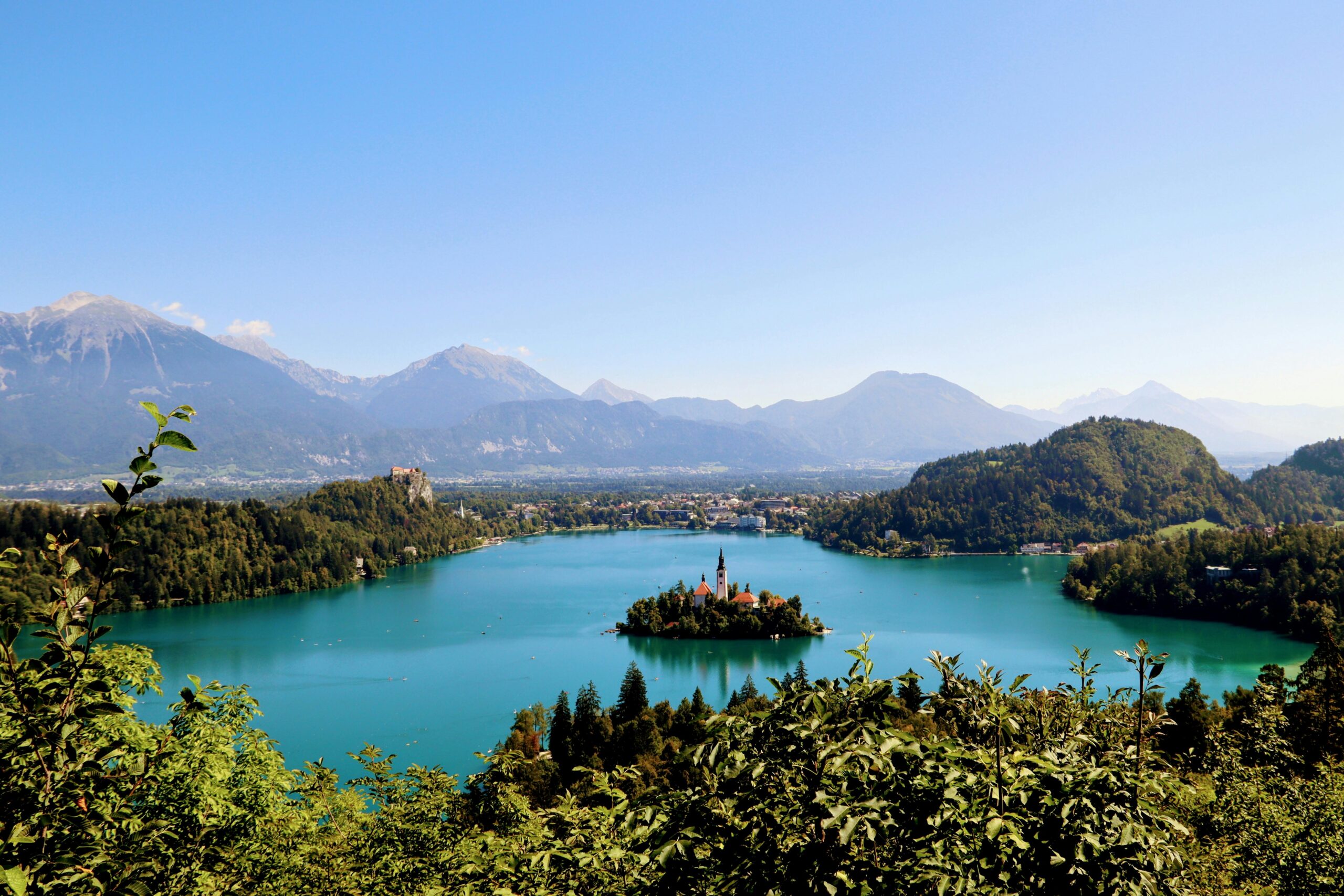
5. Housing-travelling-living
What are the possibilities for housing?
The university offers dorms specifically for Erasmus students for a very low price, but you have to be fast in arranging it since there is a limited amount. Also, they are pretty old and you have to share a room with a roommate, but that is pretty common in Maribor and most people do that. However, there are also a lot of private dormitories next to the ones provided by the university, and some people also live in apartments together with Slovene students. Overall, the monthly rent is between 150 and 300 euros I would say.
What is the culture of the country like?
The culture is not as different as you might expect from an Eastern/Balkan country. Their cuisine however contains a lot more meat compared to the Dutch vegetarian movement.
Could you give a general price indication of the place of residence compared to living in Wageningen?
Definitely cheaper compared to the Netherlands. Rent for example is already cheaper, public transport is also affordable, eating out is a bit cheaper and groceries are (before inflation) pretty comparable I would say (beer is pretty cheap though 😉).
Could you give some information about public transport infrastructure?
Since Maribor is a pretty small town, traveling to university doesn’t need public transport. Most people go by foot or use the city-bike app which is only 3 euros to use for a whole year. Bus tickets around the city are 2 euros per ticket, but you could also get them cheaper with some app or card. Lastly, to use trains around the whole country in the weekend as a student, is only around 3 euros for a one-way ticket and around 5 or 6 to use trains the whole day and connections from Maribor are pretty good. I must say I’ve only used taxis a few times when I was drunk (…) but if you split the costs it was definitely cheaper compared to here at home.
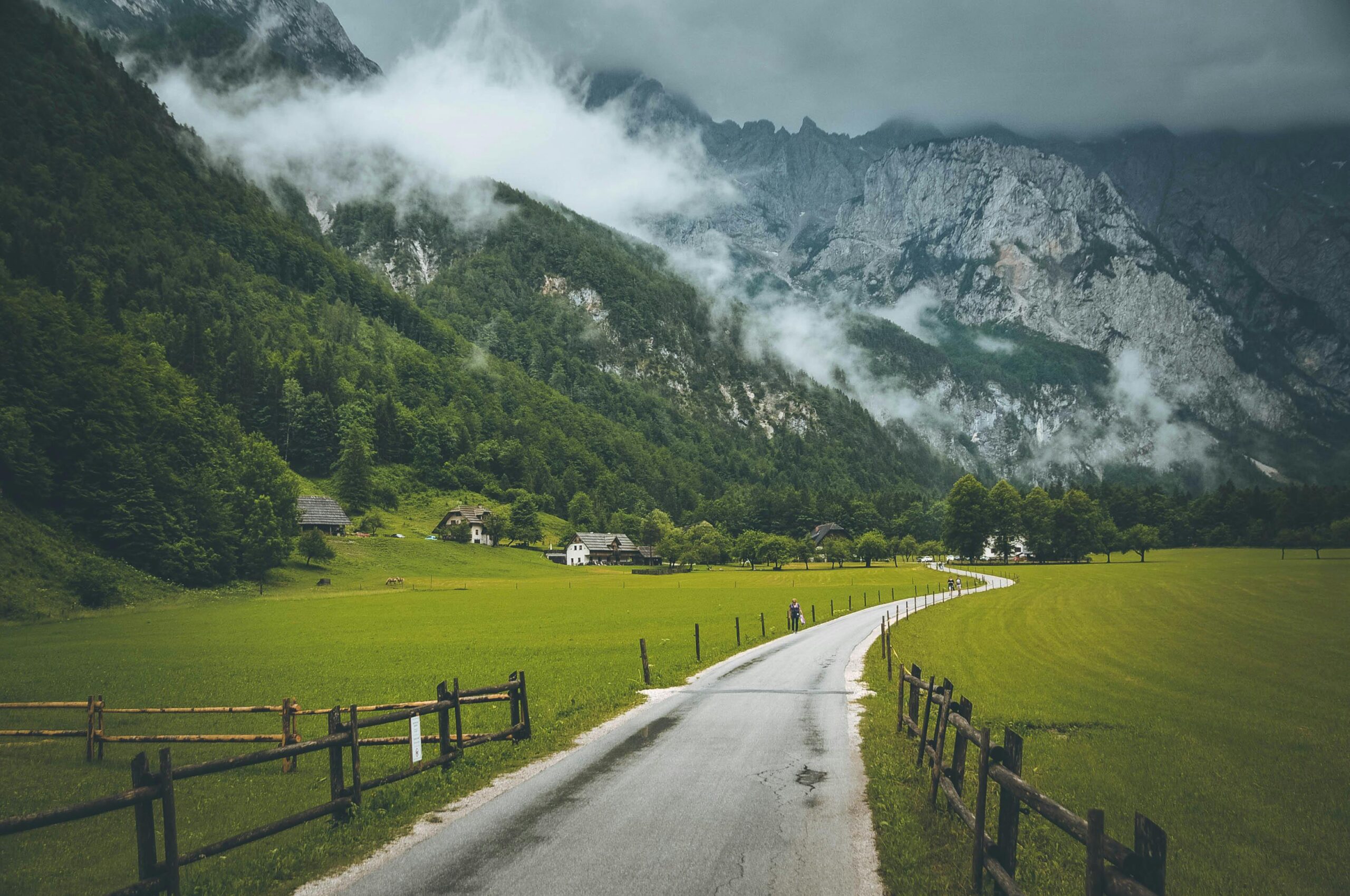
6. Free time
What are must-sees in the area?
Renting a car as a group of students is pretty cheap as well, so it’s a good option to go on a lot of trips during the weekends. Since Maribor is located in a way that a lot of Slovenia, but also Italy, Croatia, Austria and Hungary are very good reachable by car, weekend trips are easy to plan. We usually booked everything very lastminute, and for example AirBnb’s were still always available for a good price (but I also was there in the winter semester so that might be different during summer). Besides, like I said the trains are a good option within Slovenia during the weekends, and also Flixbuses go to a lot of “nearby” cities for a good price.
7. Challenges & best moment abroad
What was a challenge you have experienced?
Everything went pretty smoothly actually …. It was genuinely an amazing experience.
What was your best memory abroad?
How easy it is to make such good friends in such a short period of time! Everyone was really open minded and enthusiastic and inviting to everyone, so from the first moment on there was always someone I could do something with. The best memory is a trip we did after just two weeks, with a group of 16 students and we planned it pretty spontaneously, without knowing everyone already, but it was such a good bonding experience and everyone was just happy to be on Erasmus and wanting to meet other people and make friends and say yes to everything, so to me it is the perfect example of the true “Erasmus spirit”.
